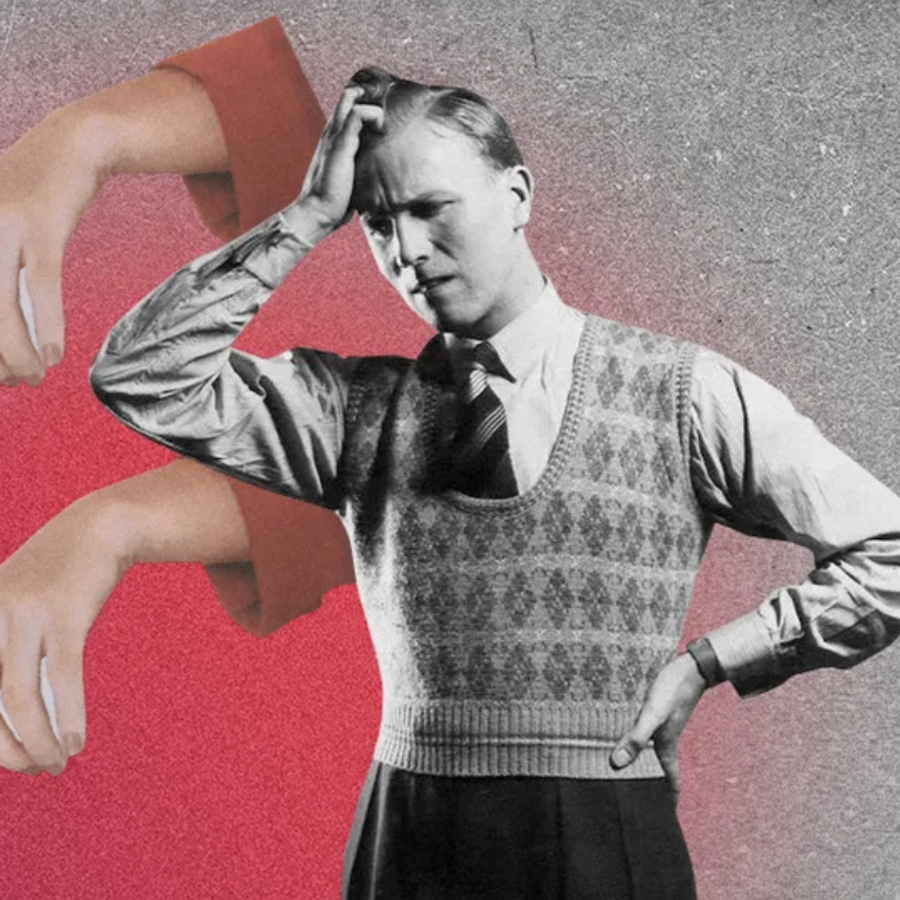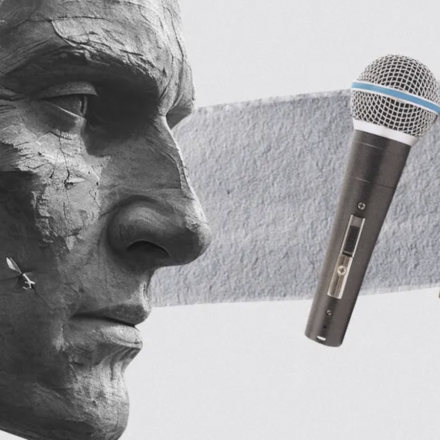Apologies are more than just words. They are a powerful tool that can either mend relationships or completely destroy them. Ironically, many men, while trying to "smooth over" a conflict, often make the situation worse. Let’s look at why this happens and how to avoid falling into the trap of your own words.
You Apologize for Appearances
If your “I’m sorry” sounds scripted, formal, or lacks genuine remorse, the other person will sense the insincerity. Such apologies are more likely to irritate than to reconcile. Sincerity is key to restoring trust. Show that you recognize your mistake and are willing to change.
You Don’t Feel Guilty
You can’t be truly sincere if you don’t feel genuine remorse. Beautiful words cannot replace an inner understanding of your responsibility. Before saying “I’m sorry,” honestly analyze the situation: what role did you play, and how did your actions affect the other person?
You Shift the Blame
Phrases like “I’m sorry, but…” only worsen the conflict. Real apologies contain no excuses—just an acknowledgment of your mistake. If you want to regain trust, take full responsibility for your actions.
You Minimize the Damage
Statements such as “It’s not that bad” or “You’re overreacting” can hurt more than your actual action. Recognizing the extent of the harm caused and listening attentively is what really works.
You Expect Immediate Forgiveness
Mistakes trigger emotions: pain, anger, resentment. Don’t demand immediate forgiveness. Give the person time to process their feelings, be patient, and listen without defending yourself. Pushing for quick forgiveness only strengthens their resentment.
You Repeat the Same Mistake
Words must be backed by actions. If you continue making the same mistakes, your apologies lose meaning. Analyze your errors, learn from them, and change your behavior to show real progress.
You Use Apologies to Manipulate
If your “I’m sorry” is meant to avoid responsibility, make someone feel guilty, or gain an advantage, it’s not an apology—it’s manipulation. True remorse acknowledges your fault and shows a willingness to make things right.
You Apologize but Don’t Forgive Yourself
For an apology to matter, start with yourself. Forgive your own mistakes and shortcomings. Self-forgiveness is key to inner harmony, personal growth, and the ability to restore relationships. Without it, even someone else’s forgiveness won’t change the situation.


















